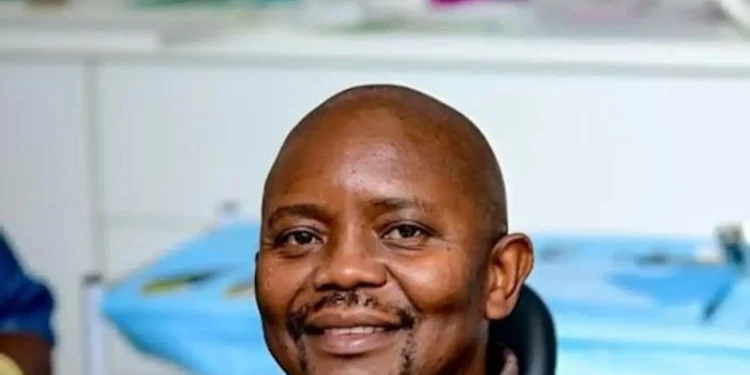In a dramatic and unexpected political twist, the uMkhonto weSizwe (MK) Party, led by former South African President Jacob Zuma, has dismissed Arthur Zwane from his role as secretary-general. This marks the second time in less than a month that Zwane has been removed from the position, following a similar dismissal in July alongside Treasury General Danisa Zulu.
Zwane’s tenure has been marred by controversy, instability, and frequent upheavals. Initially appointed to replace former secretary-general Sihle Ngubane, who was reassigned to Parliament, Zwane’s time in office has been fraught with challenges. His latest dismissal underscores persistent leadership struggles within the MK Party.
In a letter addressed to Zwane, Zuma cited “misleading the party” as the primary reason for his removal, though specifics of the alleged misconduct remain undisclosed. This lack of clarity has fueled speculation and deepened internal tensions.
“I refer to my letter dated June 28, in which I, Jacob Gedleyihlekisa Zuma, as President of the uMkhonto weSizwe Party (MKP), communicated my decision to relieve you from the position of Secretary-General of the Party,” Zuma wrote. “I hereby reconfirm my earlier decision and expect you to fully comply, refraining from serving in this capacity. Furthermore, due to your actions in misleading the party, I reserve the right to expel you with immediate effect.”
This latest dismissal adds to the ongoing turmoil within the MK Party. Already embroiled in legal disputes over its name, the party now faces significant leadership instability. Zwane’s tenure has been particularly chaotic, with his initial resignation in June citing an overwhelming workload.
“In the past two weeks, I have realized that the volume of work in my office is immense and beyond my capacity, especially as I have other competing business interests,” Zwane stated in his resignation letter.
However, subsequent revelations suggest Zwane’s resignation may not have been entirely voluntary. Reports indicate he stepped down under pressure, with threats of expulsion looming if he refused. This revelation has further deepened the controversy surrounding his leadership and highlighted the power struggles within the MK Party.
The repeated dismissals and reinstatements of key figures like Zwane reveal the internal conflicts and uncertainties plaguing the party. Political analysts warn that these disruptions could undermine the MK Party’s credibility and weaken its position in South Africa’s political landscape.
Frequent leadership changes and a lack of transparency in decision-making may hinder the party’s efforts to establish itself as a stable and trustworthy political force. Resolving internal conflicts and presenting a united front will be critical if the MK Party hopes to navigate South Africa’s complex political terrain.
As these developments unfold, the broader South African political sphere is closely monitoring the MK Party’s actions. For now, Arthur Zwane’s dismissal marks another chapter in the ongoing saga of leadership struggles within the MK Party, raising questions about the party’s future direction and stability.






















